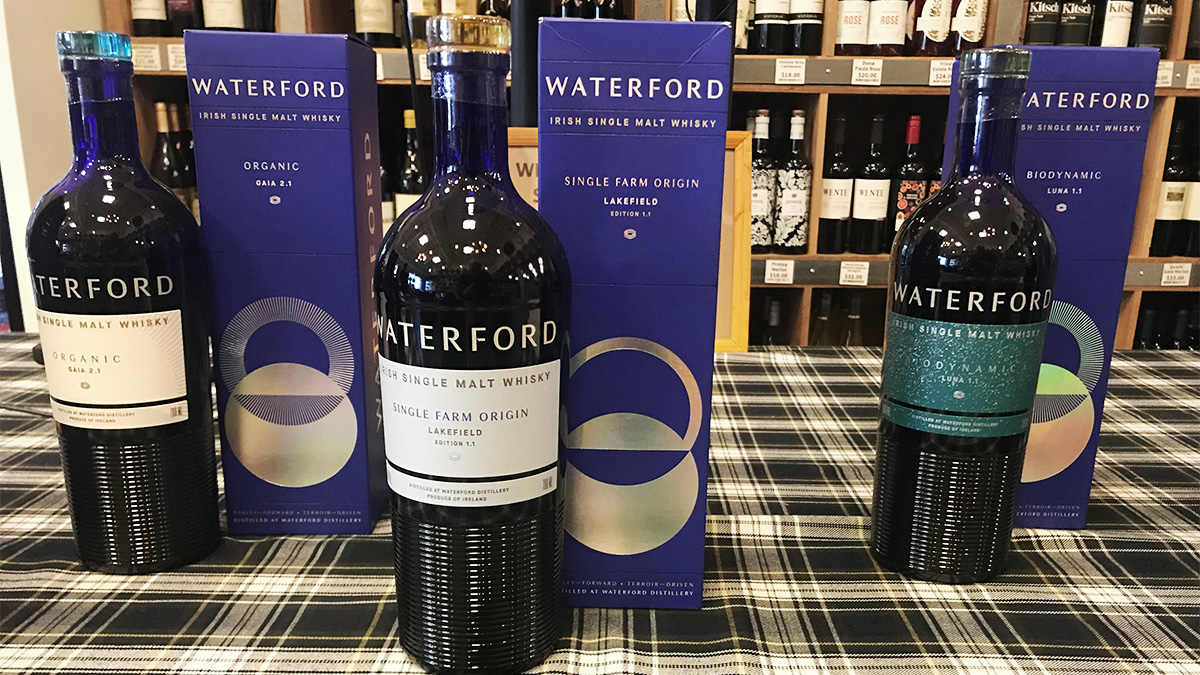In the modern world of music, technological trickery can mask a series of imperfections. Auto-tune and pitch correction can massage notes that are slightly off. Yet, there remain the steadfast rock and rollers who insist we hear the music as it sounds off the floor. Punk rock showed us music is better if its played with energy, even if things get out of tune or chords are missed.
And, like the slick hit-making studio geniuses, distillers are armed with a number of methods to help massage their batches of whiskey, from additives for colour, to using caramel to enhance the sweetness of a weak batch. After all, throwing out liquor is bad business.
So, is Mark Reynier the whiskey world’s version of Johnny Rotten or Joe Strummer? The founder of the Waterford Distillery was in Edmonton last week — speaking at a tasting at The Whisky Drop — and showed that he had very little issue positioning itself as a rebel within the distilling business. How much of that is marketing chutzpah? Judging by the reaction from the 25 or so aficionados in attendance, there were those who saw him more as a Malcolm McLaren than a Johnny Rotten.
Reynier got his start as a partner in a Burgundy winery, then moved into Scotch. He launched the Waterford Distillery in southern Ireland, taking over an old Guinness brewing site. He also kickstarted the Renegade Rum Distillery in Grenada.
And he is an evangelist when it comes to how whiskey is made. But where he runs into opposition from the staunch whiskey-snob crowd is his view that barley’s flavour profile will change due to terroir, just as the environment and soil will influence the flavour of wine grapes.
First, he says that whiskey should simply be: Grains, yeast water. In the case of Waterford, that’s barley from Irish farms. It’s very much a Scottish-style drink made in Ireland.
“I don’t think other distilleries can claim that,” he said. And, then, in the distilling process, there’s the question of how much of the “middle cut” you should keep. There’s a magical middle that comes out of the still, and it’s the stuff that makes the best whiskey. He said that the less of the middle cut you take, the better the quality of the drink. But, he said many distilleries keep more than they should, because the more you discard, the worse it is for business.
